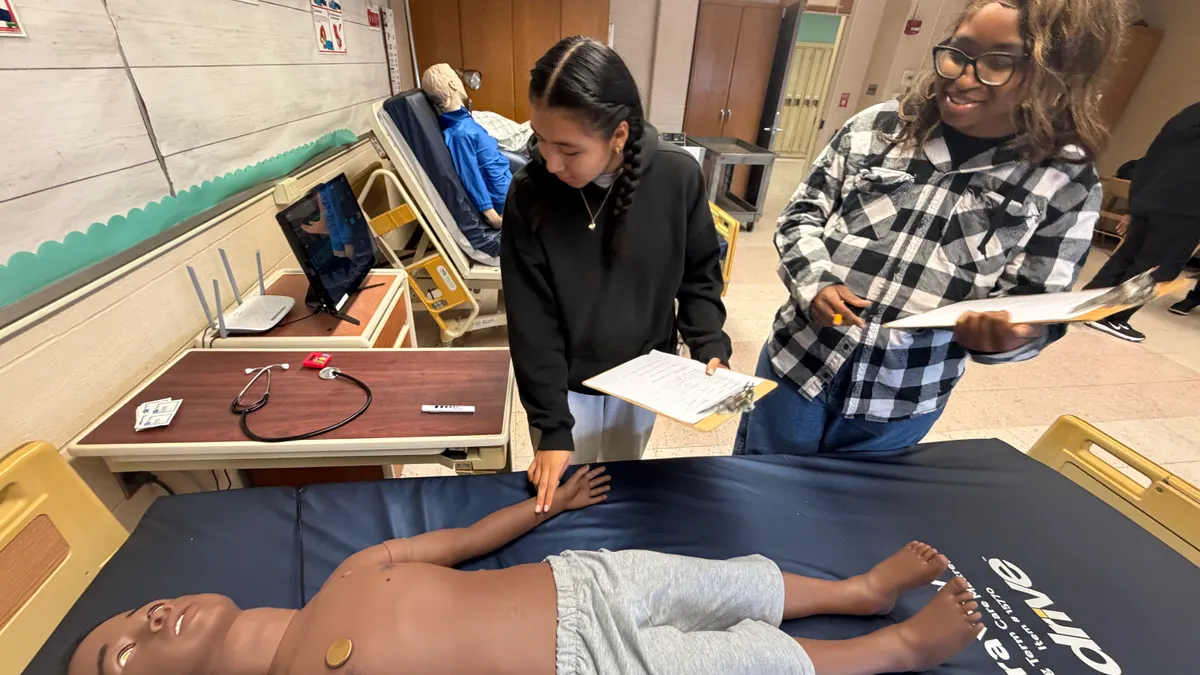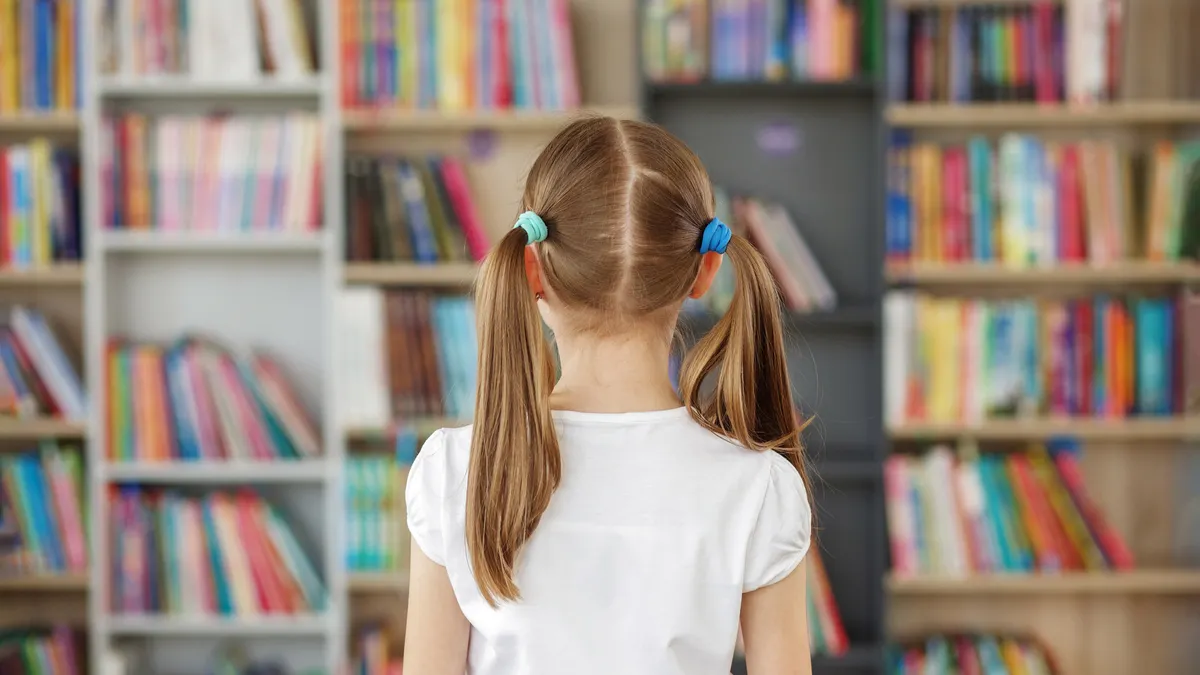It was Valentine’s Day – the holiday of love. I had just wrapped up a lesson on combatting hate in my fourth period Holocaust education class at Marjory Stoneman Douglas High School. My students were researching the hate groups that they could encounter on a college campus and discussing ways to stand up against them.
It was a tragic segue into what happened next.
We heard loud blasts. The students didn’t even hesitate. They flew out of their seats, scrambling to find cover — but there was none. My classroom is one big square – no closets, nothing to hide under or behind.
Under a backdrop of Holocaust posters and a large banner displaying the words “Never Forget,” my petrified students tried to remain quiet, holding hands and shielding themselves with textbooks.
Within seconds, the gunman started shooting into the glass panel of the door. We were sitting ducks, just waiting for him to enter the room. I kept thinking to myself: What will I say to him if I recognize him? What if he’s one of my own students? We held our breath, hoping he would think he had shot everyone and move on.
And eventually he did, but not until he fired a round of bullets into my classroom. Just after our thoughtful discussion about resisting hate, a person so filled with rage killed two of my amazing students — Helena Ramsay and Nicholas Dworet — and injured many others.
Helena and Nicholas were among the 17 innocent people he killed in a matter of minutes during one of the deadliest shootings in history.
The aftermath
My Holocaust class included me in a group chat that began immediately following the shooting. I woke up every morning with dozens of texts from them – supporting each other, giving each other rides to wakes and funerals and coordinating the March for Our Lives.
My students, current and former, including Emma Gonzalez, Aalayah Eastmond, Delaney Tarr, Dylan Kraemer and Samantha Fuentes, have garnered international acclaim for their powerful, articulate protests against the hate that permeated our school that day. At a time when it would be easier to isolate themselves, they continue to tell their stories at rallies, to reporters and in Washington. They speak for those who cannot, plead for effective change and unite under the goal of #NeverAgain.
There is no doubt in my mind that learning about the Holocaust and other hate-based tragedies is helping to fuel my students’ passion for social activism. After their own tragic experience and hearing Holocaust survivor testimonies, they know they cannot stay silent in the face of hate. They know the dangers of being bystanders. And so they decided to be upstanders.
How and why I teach
In Florida, Holocaust education is mandated – as I believe it should be. I have taught social studies at Marjory Stoneman Douglas for more than 17 years, and I consider the Holocaust to be one of the most important events in history.
Four years ago, I helped create and began teaching a Holocaust elective. There was no precedent at my school – no go-to textbook or teachers to consult. I had a daunting task before me, so I asked around online for the best resource to use when planning a Holocaust curriculum. The response was consistently Echoes & Reflections.
Echoes & Reflections, a partnership of the Anti-Defamation League, the University of Southern California Shoah Foundation and Yad Vashem, gives tens of thousands of educators like myself the means to teach the Holocaust effectively in middle and high school classrooms across the U.S. – and at no cost. Its entire library of educator resources – from lesson plans to audio and video tools to maps and photos – is available online and completely customizable to the teacher and the considerations of his or her students.
This comprehensive print and digital content – especially firsthand testimonies and witness accounts – helps my students make personal connections to the stories of individuals who experienced the Holocaust and now, unfortunately, the relevance to their own lives and larger society.
The importance of teaching the Holocaust
Every year, my Holocaust class hosts a party for the Holocaust survivors in our area. We raise the money ourselves, and the local chapter of Jewish Family Services helps find survivors and issue invitations. As the years go by, the invitation list grows smaller and smaller. The last remaining voices are dwindling, which is why it’s more important than ever to keep their memories alive.
The lasting lessons of the Holocaust are found in countless social issues unfolding in the world today. On a daily basis, there is something in the news that relates to what I teach in my class. Stereotypes and prejudices are still alive and well; some may even seem harmless, but genocides like the Holocaust start with simple, small biases. It’s never been clearer to me that the Holocaust is more than a historical event; it’s part of the larger human story that needs to be told over and over again.
So I continue to go to school and teach. My classroom is still a crime scene; I teach out of a different room. I am moving through the curriculum, but what happened to us is woven into every lesson.
Learning about the Holocaust empowers us with the insight needed to question the past and the foresight to impact the future. Echoes & Reflections believes that through the study of the Holocaust, students can grow as responsible citizens and develop critical thinking, empathy and social justice skills for the future. My students have already exemplified that in the aftermath of this tragedy, and I’m so proud of their perseverance.
On Holocaust Remembrance Day – and every day – we honor the victims, survivors and upstanders of the Holocaust during the Nazi regime. We must continue to learn, grow and teach, doing our part individually to be upstanders in our communities and prevent future acts of violence from happening.
Ivy Schamis is a social studies teacher at Marjory Stoneman Douglas High School in Parkland, FL and a survivor of the Feb. 14 shooting at the school.





 Dive Awards
Dive Awards













